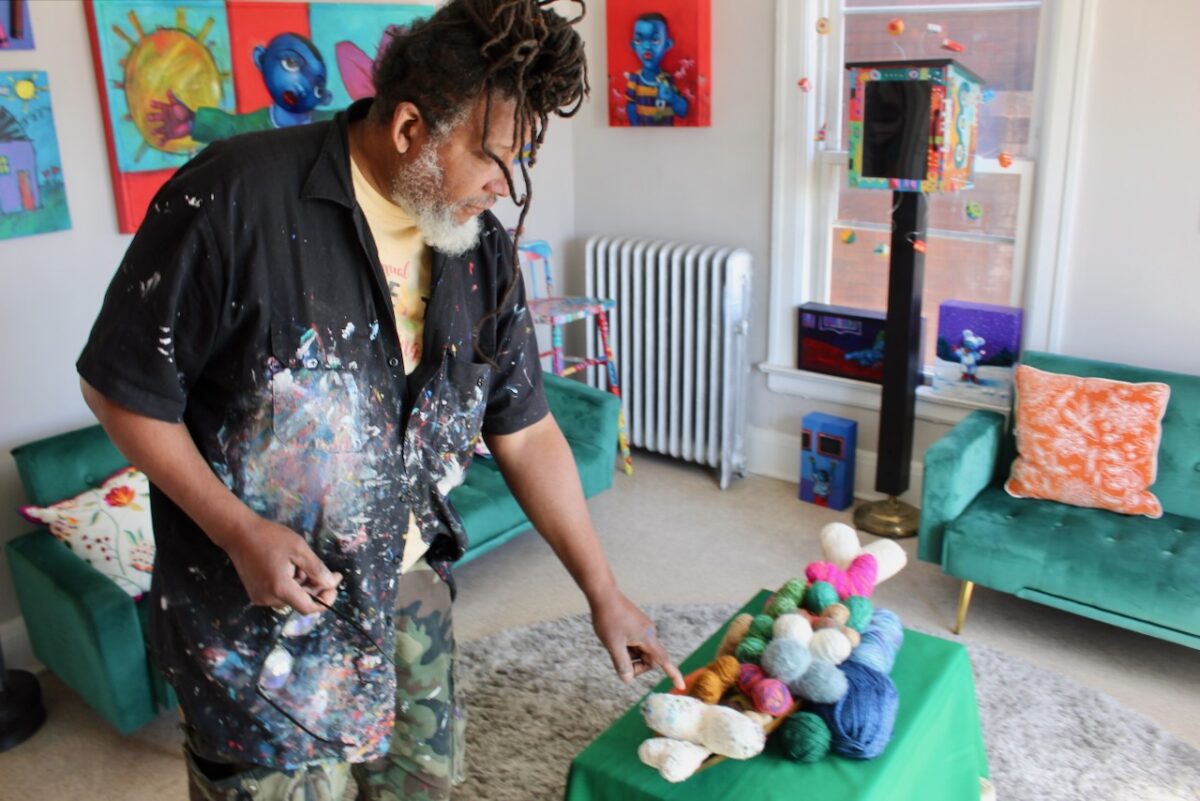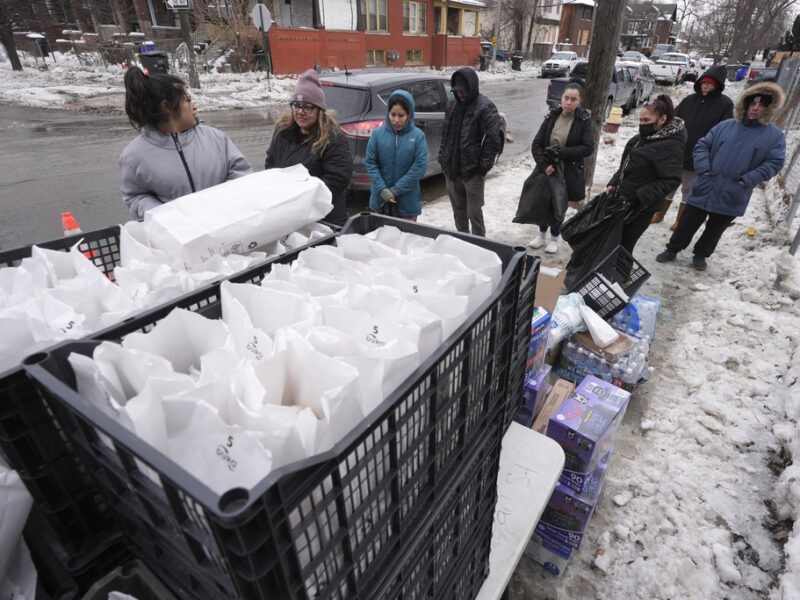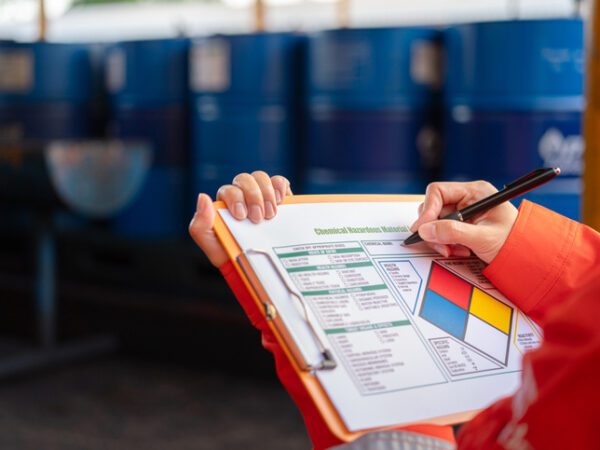Overview:
-Painter and sculptor Donald Calloway has found material for his artwork in discarded objects for decades.
-He sources his materials from sidewalks, scrapyards, and secondhand stores.
-“When I'm taking materials and transforming the art, I'm saving them from the dump sites, and so I see the benefit of that intention," Calloway tells Planet Detroit.
On any given day you might find Donald Calloway scavenging for wooden chair stools, clock parts, and metallic spatulas.
That’s because the longtime painter and sculptor sources material for his artwork from discarded objects littered along the sidewalks, scrapyards, and secondhand stores of Detroit.
It’s been his weekly practice for decades, contributing to hundreds of art pieces showcased in local area galleries and housed inside of his live-work space on Grand Boulevard, a few blocks from the Motown Museum.
“My intention when creating was not to save the environment, at least not initially,” Calloway told Planet Detroit.
“I was doing a lot of oil paintings, and I kind of got bored with that, and I transitioned out from the oil paints and more experimental stuff and I initially started using chairs,” Calloway told Planet Detroit.
“I did a lot of hand painted chairs, and I started taking chairs apart, and I saw figures in chairs.”
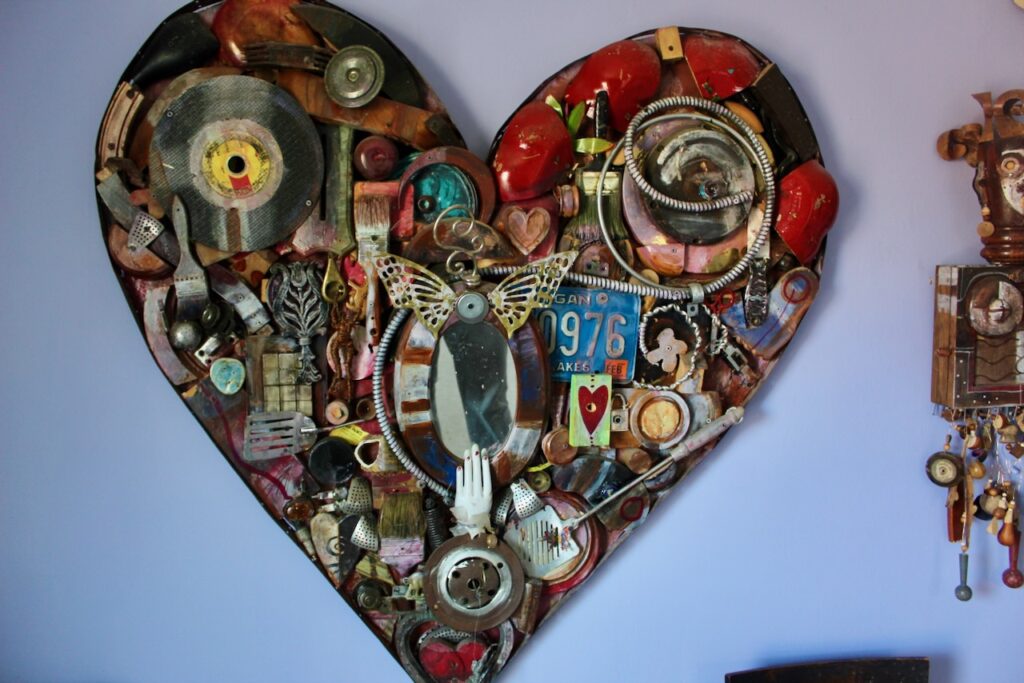
Photo by Ethan Bakuli.
MORE REPORTING FROM ETHAN BAKULI
‘We can’t wait for the city to just save us’: Southwest Detroit’s catastrophic water main break 1 year later
In Southwest Detroit, a year after a devastating 54-inch water main break displaced hundreds, residents face ongoing challenges.
Detroit hazardous waste facility settles with residents for $2.3 million over ‘horrific odor’
The approximately 350 residents within a 1-mile radius of US Ecology Detroit South who signed on to the class action lawsuit are estimated to receive roughly $1,000 each.
State renews Detroit hazardous waste facility’s license, adds new restrictions: ‘Our community efforts have made a difference’
In the lead-up to the state’s decision, neighbors, elected officials, and environmental activists advocated for the closure of US Ecology Detroit South.
Step inside Calloway’s home and you can witness the full breadth of his work, spread out across a handful of rooms, stairwells, walls, as well as in his backyard. While there are a few traditional oil portraits of family and friends scattered around the three-story building, the majority of work Calloway has produced in the last several decades is a mishmash of acrylic painting, reclaimed wood, and metal scraps.
In a past life, before Calloway, 62, committed to making art full-time, he was a technical illustrator at General Motors, fresh out of studying painting at the College for Creative Studies. But the experience wasn’t to his liking.
“That wasn’t my love, but it was a job, and I thought I would enjoy it, but I didn’t,” Calloway said. “So I left that to do construction.”
It was at that moment, in between doing rough framing for residential and commercial buildings from Detroit to Ann Arbor, that he began to see the possibilities of incorporating found objects into his art work.
“I started getting my materials and got hooked into (rummaging) sites,” he said. “Some sites won’t let you on there, because of insurance, whatever. But when I lived downtown, there was wood and stuff just laying there, and they would give it to me.”
Among the spaces that Calloway frequents for found materials is the nonprofit Arts & Scraps, which offers reused objects. He’s been going to the organization, located on Detroit’s east side, for 20 years.
“I get buttons and beads and just about everything,” he said. “I love that place.”
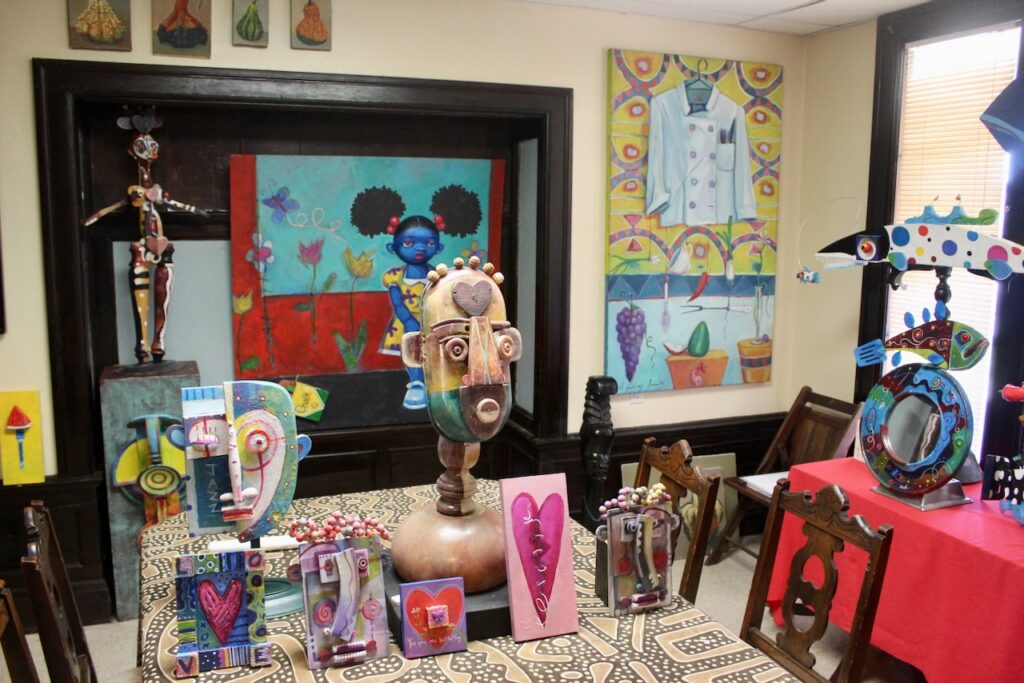
Photo by Ethan Bakuli.
Among Calloway’s ever-growing collection of work is his “Blue Baby” series, which grew out of his childhood memories of growing up in Jefferson Chalmers and fishing with family and friends along the Detroit River past midnight.
In terms of his resourcefulness, Calloway credits his grandmother’s lasting influence.
“She was an artist within her own right,” he said. “She was not a traditional draw on paper artist, but she was the person that made fruit preserves and quilts and just always put things together, and was doing things of that nature around us.”
Calloway added: “When I’m taking materials and transforming the art, I’m saving them from the dump sites, and so I see the benefit of that intention.”

